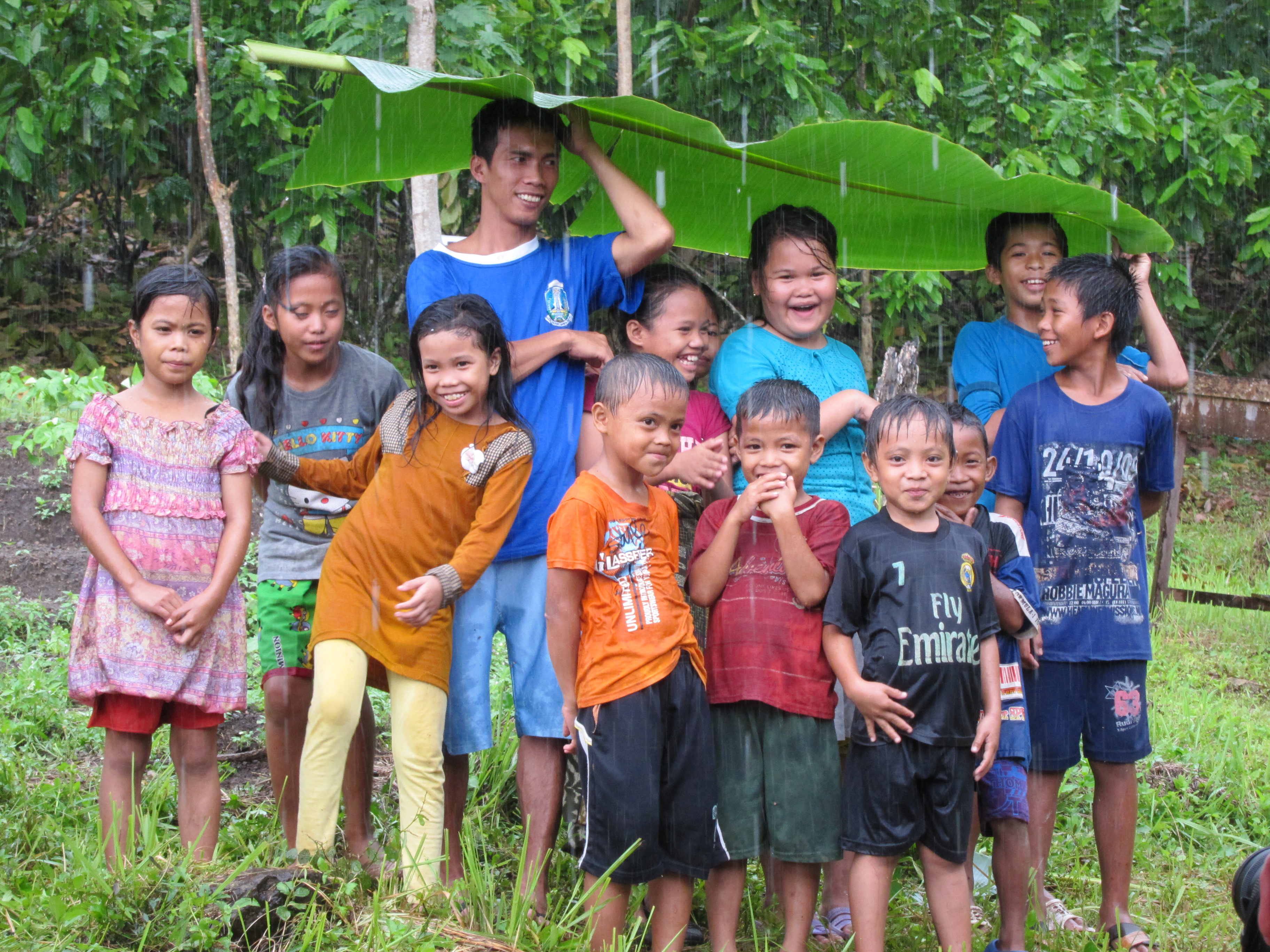
MCC
Environmental stewardship and sustainable growth are central to MCC's mission in places like Indonesia.
MCC’s mandate is to reduce poverty through economic growth, but climate change will threaten any gains we make if it goes unmitigated.
We consider environmental stewardship and sustainable growth central to our mission, and we work with partner countries to reduce greenhouse gas emissions, reduce degradation and deforestation, and improve energy efficiency of infrastructure. For example, the fourth most populous nation in the world, Indonesia, is rich in natural resources, but poor management of these resources is not only affecting the people that rely on them for their livelihoods, but has significant global implications. Today, Indonesia is one of the highest emitters of greenhouse gases in the world.
During a recent trip with our CEO, I was able to see firsthand the progress we’re making on climate-friendly growth through the Green Prosperity Project, one of our most important environmental stewardship projects under our compact with the government of Indonesia.
The $332.5 million Green Prosperity Project, a portion of MCC's larger $600 million investment in Indonesia, is designed to reduce reliance on fossil fuels, increase productivity and reduce land-based greenhouse gas emissions by improving land use practices and management of natural resources. The project will provide grants to low carbon development projects ranging from smallholder producer initiatives focusing on the sustainable cultivation of palm oil and other agricultural products to large commercial-scale renewable energy solutions that will provide electricity to communities. It’s a project that has the full support of the Indonesian government, as expressed by Vice President Jusuf Kalla in our early April meeting with him.
While in Indonesia, we traveled to Mamuju, West Sulawesi, to witness the signing of a sustainable cocoa agreement that brings together funding from MCC and private cocoa businesses to invest roughly $15 million to sustain the cocoa sector and increase the incomes of smallholder cocoa producers, many of whom are women. The agreement will fund training to help more than 58,000 farmers in 14 districts to adopt more productive and environmentally friendly methods of cocoa cultivation – especially important in a changing climate.
The sustainable cocoa partnership will help protect the local environment as demand for cocoa and chocolate products grows worldwide, particularly in Asia. By showing cocoa farmers how to make each square meter of land more productive and increasing on-farm carbon sequestration, we hope to reduce the temptation to clear forest land for agriculture use. Combined with increased regulatory and licensing protections from the Indonesian government for the rain forests, this project will ensure rural cocoa producers can earn a living without inflicting needless harm on sensitive habitats nearby.
This is just one example of MCC’s commitment to combating climate change and protecting the environment. We must do so if we are to see sustained, sustainable growth that leads to poverty reduction.

